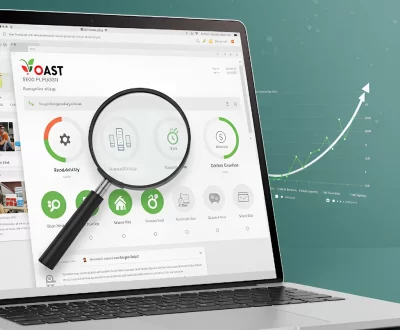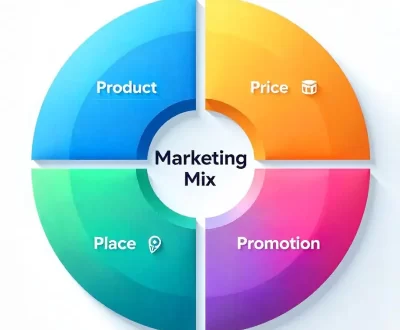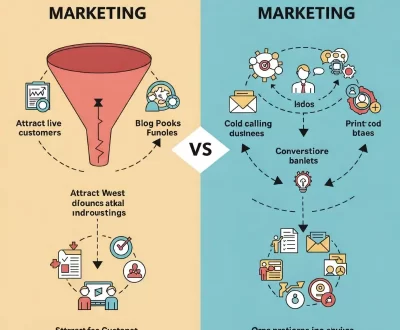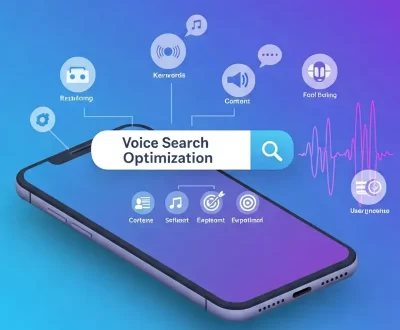What Are Backlinks in SEO? (And How to Create Them for Your Website)
- March 31, 2025
- Seo
SEO can feel like a maze, but backlinks are one of the most important signposts guiding Google to your website. If you’ve ever wondered, “What are backlinks in SEO?” or “How do I get more backlinks?”, you’re in the right place.
In this guide, we’ll break down backlinks in simple terms and share actionable strategies to build high-quality backlinks—no technical jargon, just clear steps to boost your website’s ranking.
What Are Backlinks in SEO?
Backlinks (or inbound links) are links from other websites that point to your site. Think of them as digital “votes of confidence.” When reputable sites link to your content, search engines like Google see your website as more trustworthy and authoritative.
Why Do Backlinks Matter?
-
Improves Search Rankings: More high-quality backlinks = higher chances of ranking on Google.
-
Increases Website Traffic: Backlinks bring referral visitors from other sites.
-
Builds Authority: Links from trusted sources make your brand look credible.
Not all backlinks are equal, though. A link from Forbes carries more weight than a link from a spammy blog.
How to Create Backlinks for Your Website (The Right Way)
Now that you know what backlinks are, let’s explore how to build them ethically and effectively.
1. Publish High-Quality, Link-Worthy Content
Before asking for backlinks, create content that people want to link to. Examples:
-
In-depth guides (like this one!)
-
Original research or case studies
-
Infographics and visual content
-
Expert interviews or roundup posts
Pro Tip: Use tools like Ahrefs or Ubersuggest to find popular content in your niche and make yours even better.
2. Guest Blogging on Reputable Sites
Writing guest posts for industry blogs is a win-win:
-
You get a backlink from a trusted site.
-
The blog gets free, valuable content.
How to start?
-
Find blogs in your niche (search *”[your industry] + write for us”*).
-
Pitch unique, helpful ideas—no spammy links!
3. Broken Link Building
Find broken links on other websites and suggest your content as a replacement.
Steps:
-
Use Check My Links (Chrome extension) to spot broken links.
-
Email the site owner:
“Hi [Name], I noticed a broken link on your [page]. My guide on [topic] could be a great replacement. Let me know if you’d like to check it out!”
4. Get Listed in Directories & Resource Pages
-
Submit to niche directories (e.g., Yelp for local businesses).
-
Find resource pages (Google search: *”[your topic] + resources”*) and ask for a link.
5. Leverage Social Media & Forums
-
Share your content on LinkedIn, Reddit, or Quora (where relevant).
-
Engage in discussions—links shared in valuable conversations often stick.
6. Collaborate with Influencers and Brands
-
Partner with influencers for interviews, podcasts, or co-authored content.
-
Offer free trials or samples in exchange for honest reviews (and backlinks).
7. Internal Linking (Yes, It Helps Too!)
While not backlinks, internal links (linking to your own pages) improve SEO. Example:
“Want to learn more about SEO? Check out our guide on [keyword research].”
What to Avoid: Black Hat Backlinking
Google penalizes shady tactics like:
-
Buying links (against Google’s guidelines).
-
Spammy forum comments (“Great post! Visit my site!”).
-
Low-quality directory submissions.
Stick to white-hat SEO—building genuine relationships and valuable content.
Final Thoughts
Backlinks are like SEO gold when earned the right way. Focus on creating amazing content, networking with others in your industry, and using ethical strategies to grow your backlink profile.
Ready to boost your rankings? Start with one strategy today and watch your website’s authority rise!








